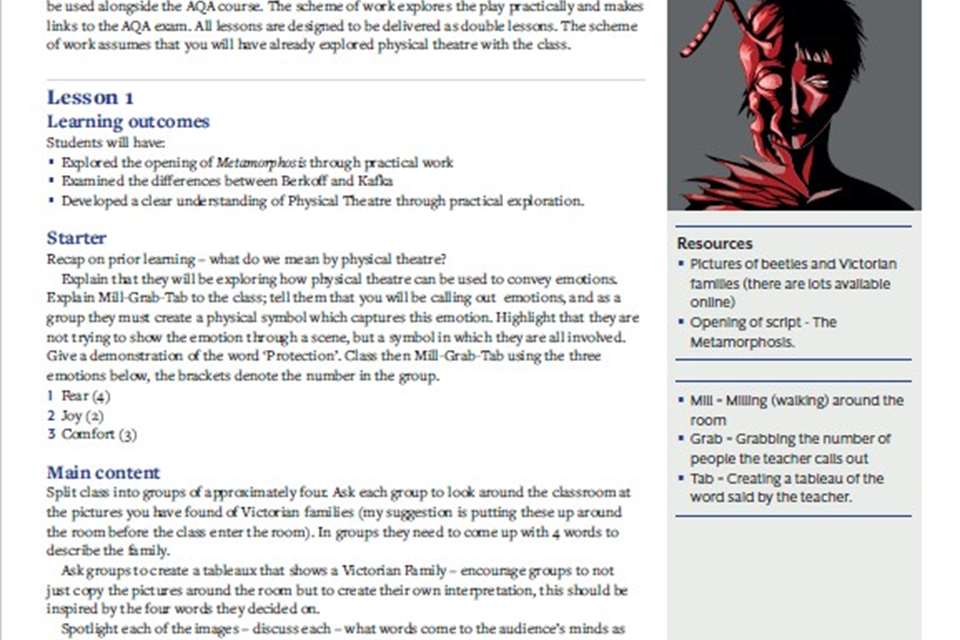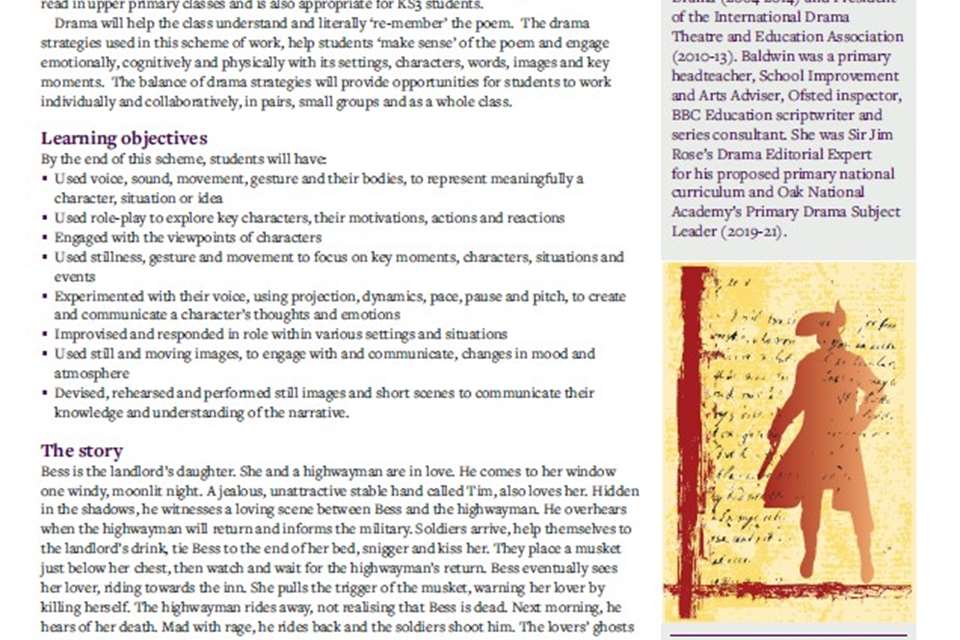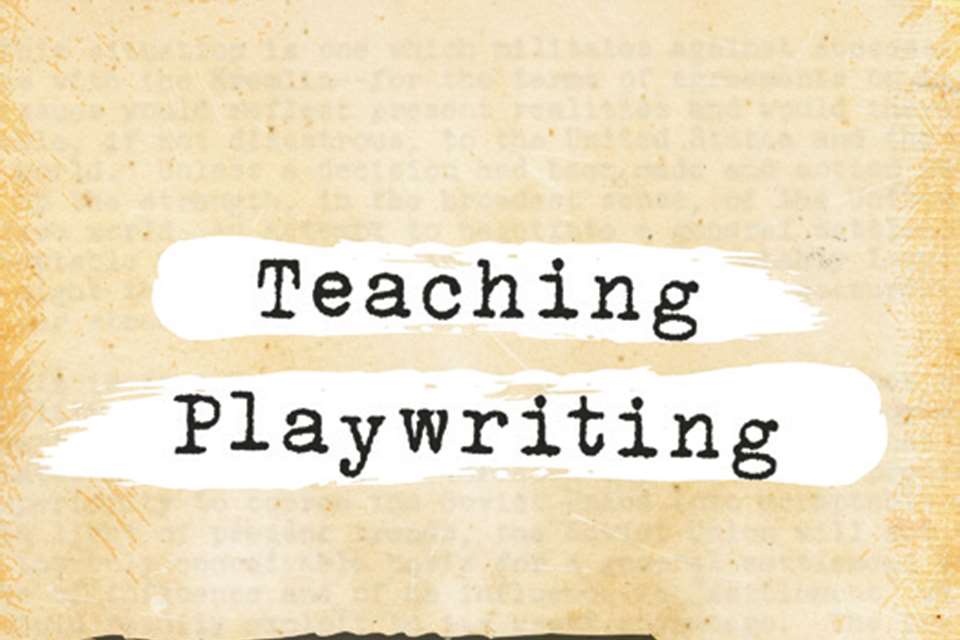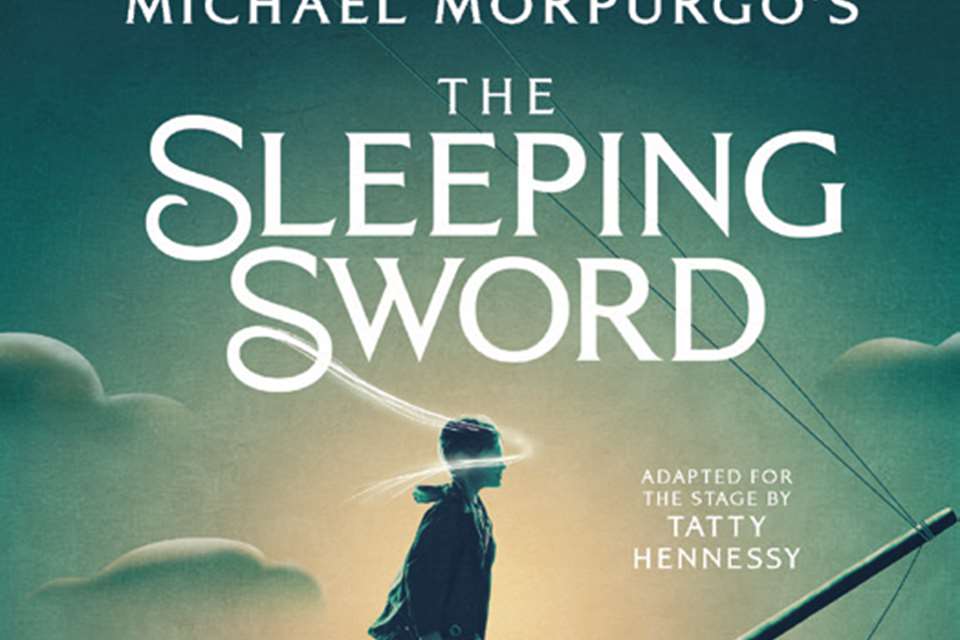Review: Sons of the Prophet by Stephen Karam
John Johnson
Wednesday, March 1, 2023
'This is promising text, despite questionable dialogue', says one reviewer on this text by Stephen Karam.

Hands up if you know who St Rafqa is? Who can tell me which state in America boasts Nazareth, Lebanon and Bethlehem as city or borough names? How much knowledge do you have about Kahlil Gibran, one of the bestselling authors of all time? All the answers to the above and more can be found in Stephen Karam's play, Sons of the Prophet, which had its European Premiere at Hampstead Theatre in 2022. Karam had great success with another play, Humans, which he subsequently directed as a feature film. This is a complex piece which, despite some flaws and a more mixed initial reception, offers a great deal to directors, teachers, actors and students.
Following a tragic even at the start of the play, we follow Joseph Douaihy, described as a ‘gay Lebanese-American Maronite Christian’ who is attempting to manage work commitments, family pressures, a new love interest and an undiagnosed painful health issue. Indeed, all the characters that Karam presents seem to be dealing with some kind of pain, be it physical or emotional. In 2016, Karam adapted The Cherry Orchard on Broadway, as well as adapting The Seagull for a film starring Annette Bening. The characters in Sons of the Prophet certainly have Chekhovian inflections, each showing contradictions and complexity in their words and actions. For teachers interesting in studying a play for developing multi-layered characters, this could be an interesting starting point. Themes of race, sexuality, identity, disability and grief are explored, offering great opportunities for exploration and discussion.
The dialogue seems inauthentic or too dramatic for purpose at times, with some of the lines in the bus station and in the public board meeting feeling forced. There are instances where your belief in a character is suspended as they say something that feels at odds with their narrative or trajectory.
Despite this, Karam writes in an interesting and engaging way, with characters often interrupting each other or speaking at the same time. This is an interesting technique that would challenge students and actors working on duologues or small groups to create a scene with attention paid to the timing of line delivery. Sons of the Prophet doesn't hit every spot but there is enough on offer to add to any good play text collection.







